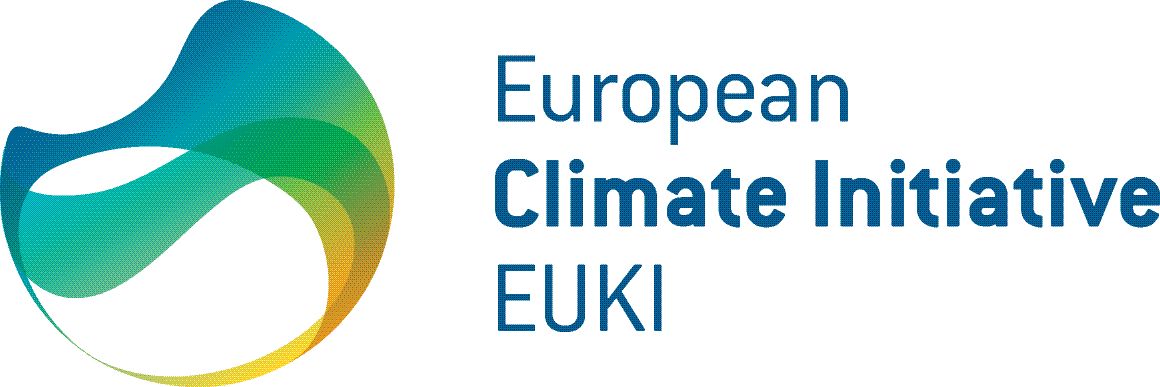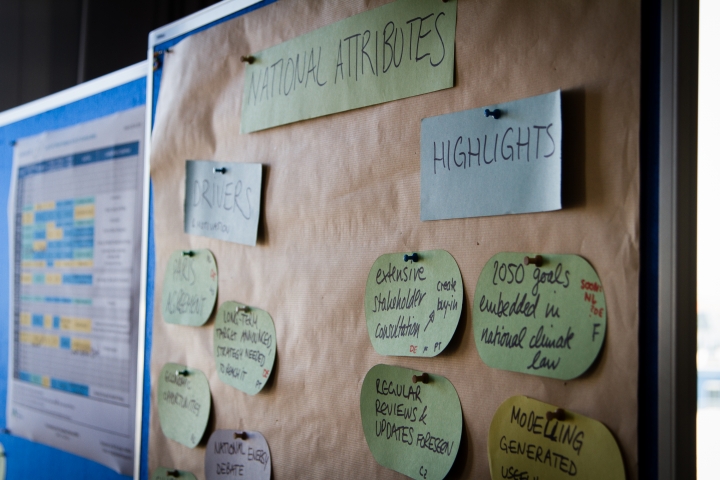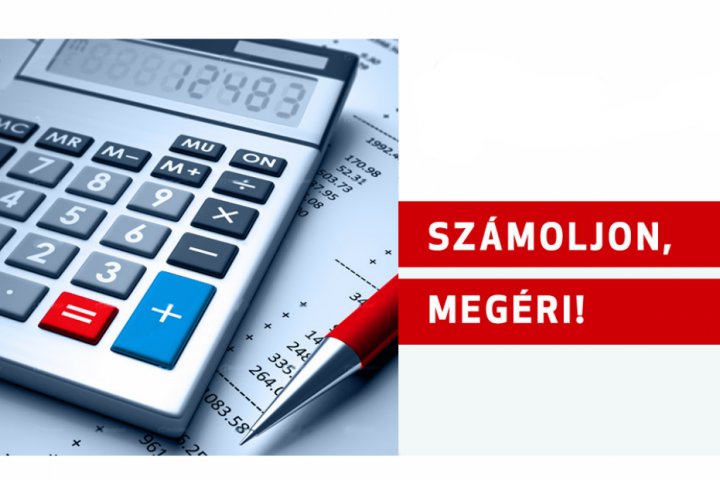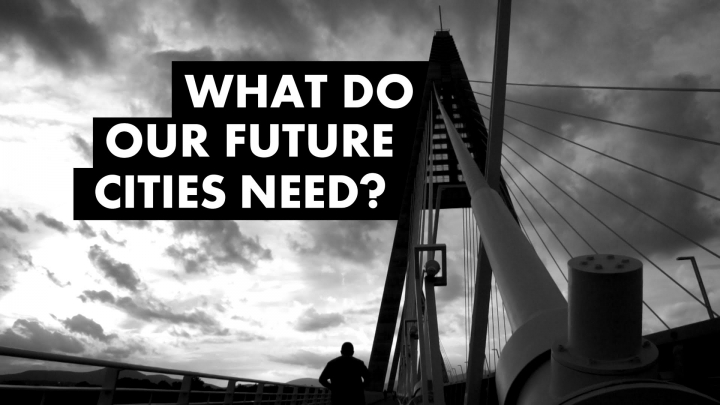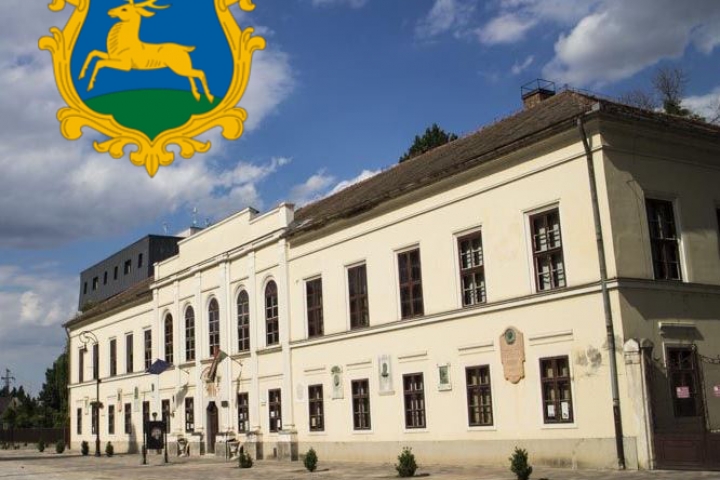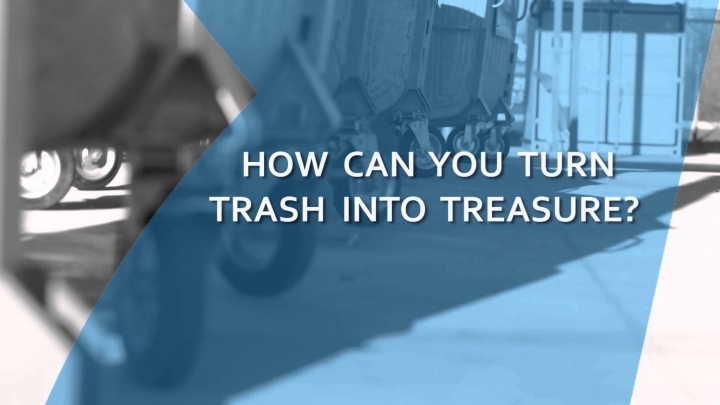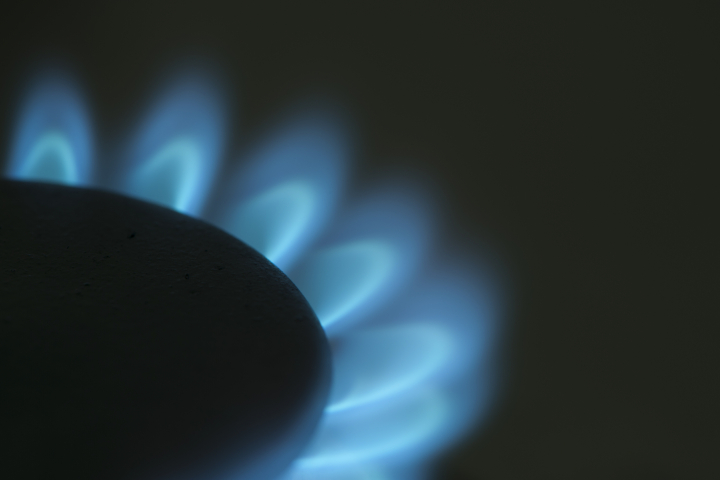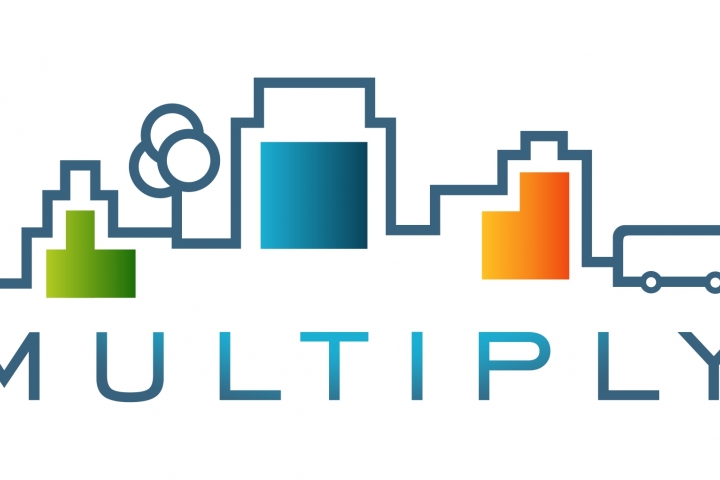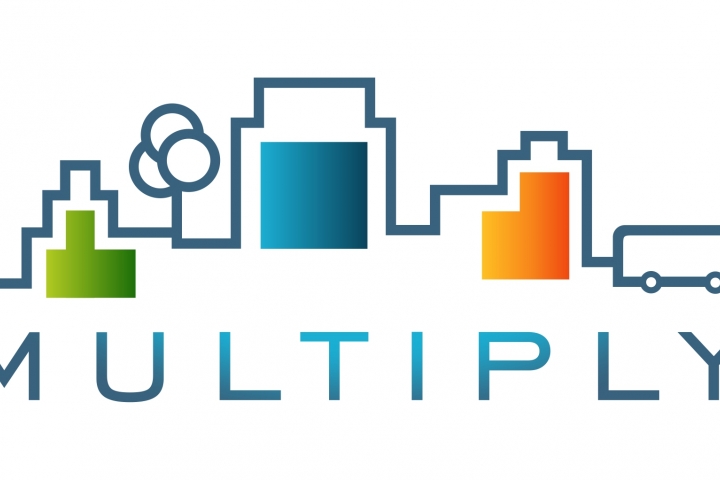Dialogues on Pathways and Policy - Climate Recon 2050
A number of existing political impulses combine to make long-term climate strategies a topic of immediate interest to many national-level policy-makers in the EU: From the Paris Agreement’s Article 4.19, which explicitly calls for the development of long-term climate protection strategies by all parties, to the proposed EU Regulation for the Governance of the Energy Union, which would require Member States to develop comparable long-term climate energy strategies for 2050 and beyond, by 2020.
Yet, despite existing and foreseen political commitments, only a minority of EU Member States has formulated a national long-term climate strategy and the existing ones differ in scope and level of detail. This project seeks to fill gaps in the landscape of existing political processes and support the national planning processes by fostering a community of experts and policy-makers for the promotion of long-term climate strategies as a tool to guide the low-carbon transformation in Europe.
Objectives
Specifically, the project aims to achieve the following goals:
- Exchange experience on long-term planning: The project will cater for information needs of Member States in the process of creating long-term climate strategies. It aims to provide policymakers with solid foundation on planning, preparing and implementing such plans. National policymakers will gain new capacity and lessons learned to immediate use in national climate planning, including also in the NECPs (due in 2018) and in preparation for the possibility of additional 2050 planning commitments.
- Empirically robust strategies: The Technical Dialogue will identify knowledge gaps and address them through a peer-to-peer exchange among technical experts. The generated knowledge will enhance the validity and robustness of Member State decarbonisation scenarios that are the basis for long-term mitigation pathways.
- Bridging policy and science: Importantly, insights gained from each forum are summarised and disseminated in the parallel forum through input briefings and writ-ten syntheses of previous meetings—in other words, political representatives will gain access to expert technical knowledge, while the modelling and scientific community will benefit from exposure to the ongoing political discussions.
Project design
The project consists of three closely interdependent elements: the Policy-Maker Platform and the Technical Dialogue serve as two parallel dialogue fora, allowing the governmental represen-tatives and technical experts to exchange experiences and best practices within and between the groups. The project consists of a number of parallel workshops bringing together policymakers and modelling experts from across Europe, as well as a number of dissemination events unfolding across 2018 and 2019.
Partners
The project is led by the Ecologic Institute in cooperation with Fraunhofer ISI, IDDRI, Energiaklub, WiseEuropa, Association négaWatt, Oeko-Institut, ENEA and DTU: nine partners representing research organisations, climate governance experts, modellers and scenario builders from across Europe.
Moreover, a number of policymakers from across Member States, including representatives of environmental and economic development ministries and environmental agencies, have expressed interest in participating in the project’s activities.
The project is funded by the European Climate Initiative EUKI.
